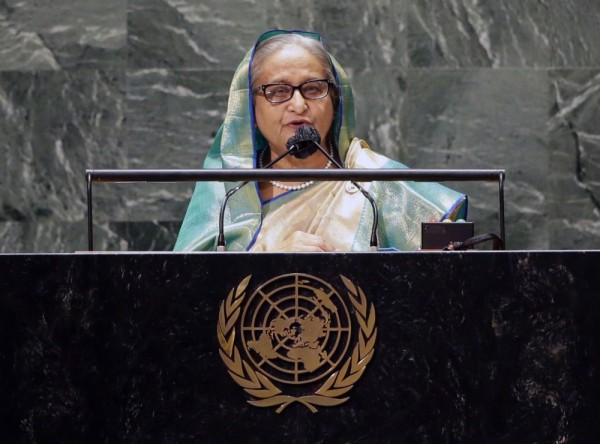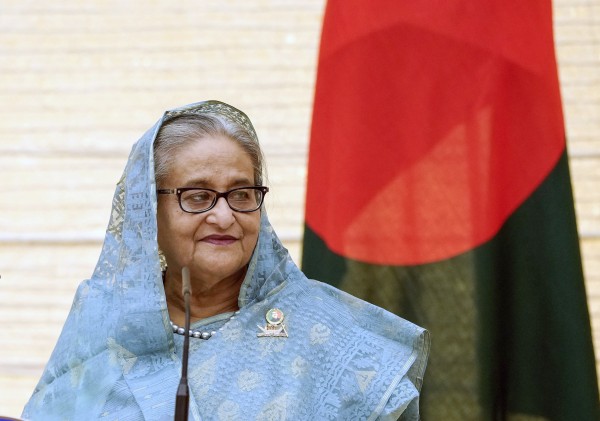Although Bangladeshi press freedom has improved, concerns remain over pressure from politicians, intelligence services, law enforcement agencies and other groups, and the use of laws such as criminal defamation to punish critical reporting. The political polarization of the media within Bangladesh has not helped this situation.
From 27 November to 2 December an International Press Institute (IPI) press freedom mission visited Bangladesh to discuss press freedom ahead of elections in the country. During the visit, the IPI mission met with the Awami League and BNP parties, who agreed to: a) undertake a review of the cases of all murdered journalists, b) review the case of Mohammad Atiqullah Khan Masud, and c) support an open and free media during the Bangladeshi elections.
In its preliminary assessment, the mission believes that a free and open media environment is essential if Bangladesh is to sustain a democracy, uncover corruption and provide for free, fair and credible elections. The mission also calls for:
• The immediate release of Janakantha editor and publisher, Mohammad Atiqullah Khan Masud, from jail.
• The investigative authorities to openly and transparently investigate all attacks on journalists and to continue investigations into all cases of murdered journalists.
• The legal authorities to ensure all Bangladeshi laws meet international standards on press freedom and are in line with the spirit and intent of Article 39 of the Bangladeshi Constitution.
• All Bangladeshi political parties to include a strong statement supporting a free and independent press in their election manifestos and to refrain from language inciting or encouraging supporters to attack the media.
• The enactment of a broadcasting law in line with international standards and containing provisions supporting freedom of the press, as well as a suitable commitment to public service.
• All media to express solidarity and unity in the face of press freedom violations.
• Politicians, government and other institutions in Bangladesh to allow the media to report free of influence and for the media to develop independent and voluntary codes of conduct affirming fair, balanced and accurate journalism.
The IPI mission met with journalists, civil society, army intelligence, the attorney general, the election commission, the chief advisor to the interim government, and political leaders to discuss press freedom. The members of the mission were David Dadge, IPI Director, Owais Aslam Ali, Secretary General, Pakistan Press Foundation, and Padma Singh Karki, Chairman, IPI Nepal National Committee.
For further information, please contact Barbara Trionfi at: [email protected], tel: 0043 1 512 90 11, or go to the IPI Website www.freemedia.at


